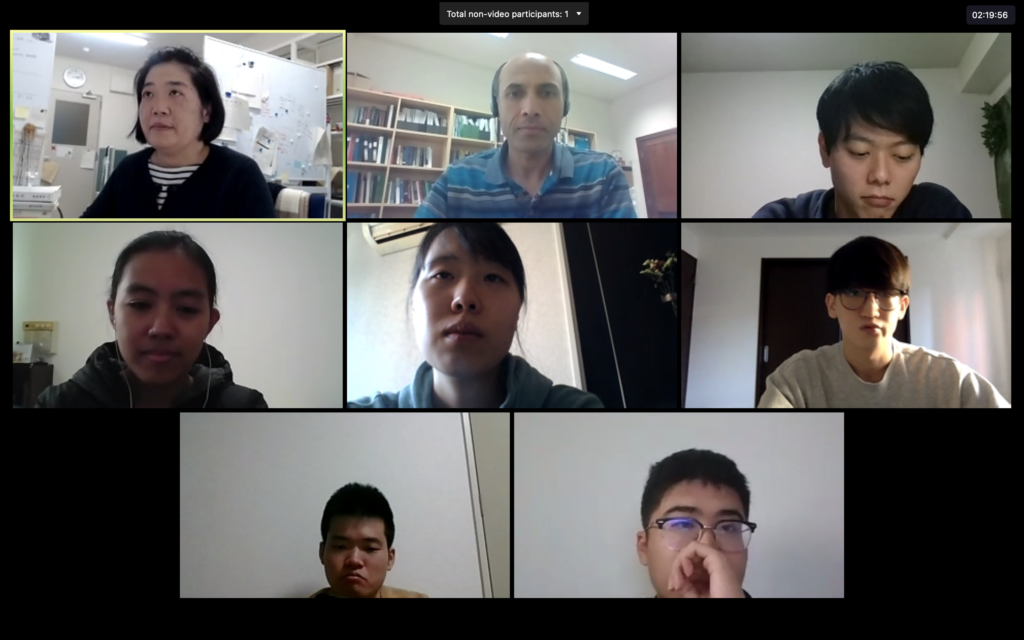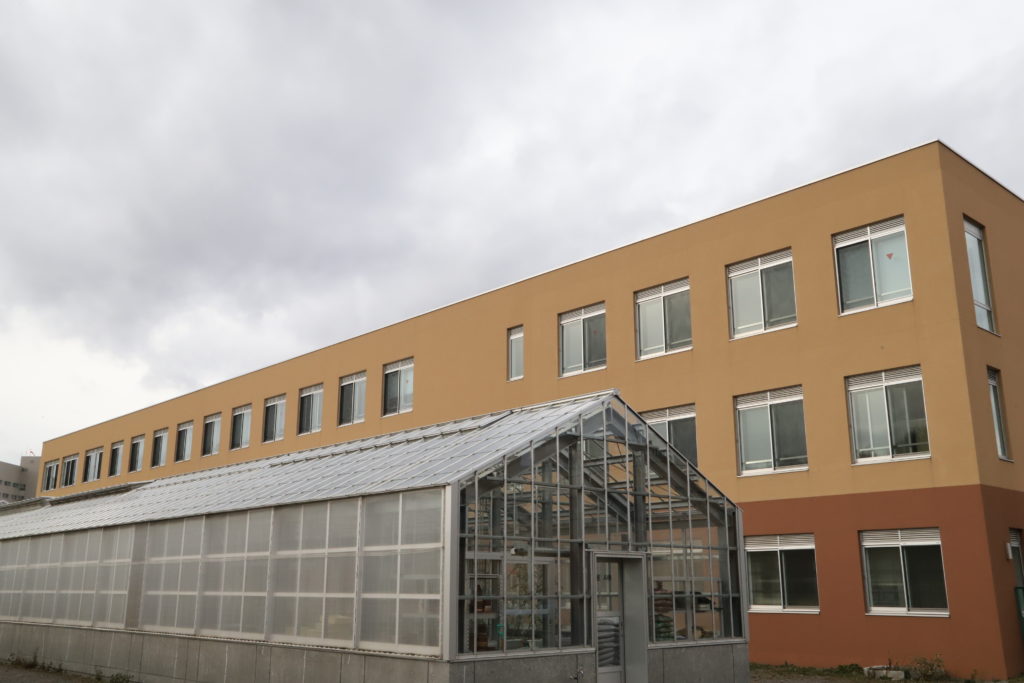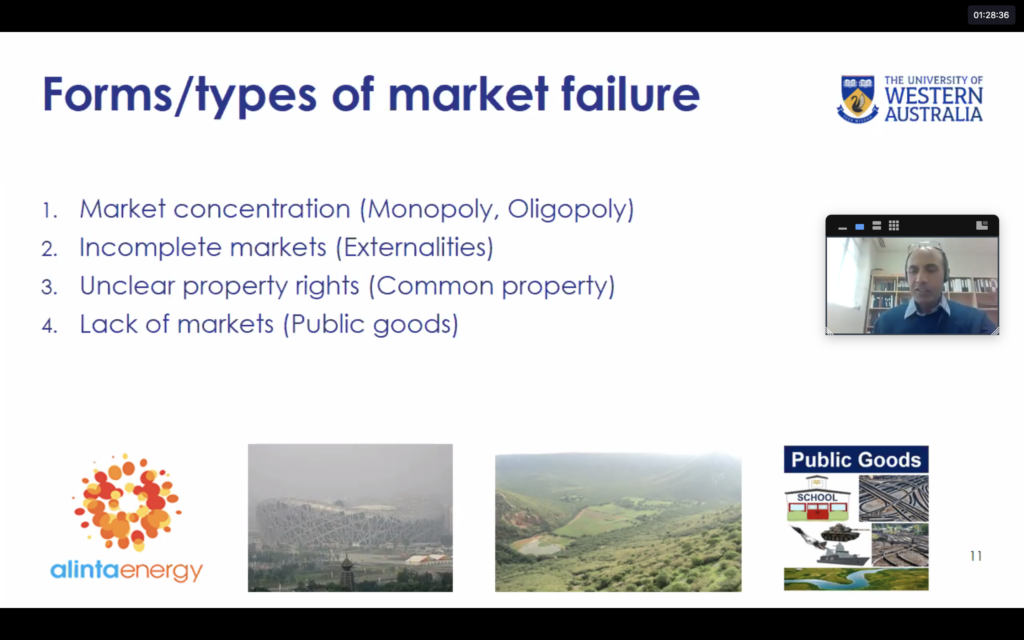HSI Report: Agricultural Resource Economics
University News | December 14, 2020
The course Agricultural Resource Economics was held in October 2020, for the third consecutive year as a part of Hokkaido Summer Institute (HSI) 2020 and Graduate School of Global Food Resources (GFR). Natural resources and the environment are essential to human activity and existence; and the issues surrounding them have been the subject of much research in the sciences and the social sciences. This course, which belongs to the field of agriculture and resource economics, focuses on microeconomics and policy, and seeks to educate participants on tools and methods to investigate the intersection between these two fields in managing agricultural and environmental resources.
The course is organised by Dr. Yoko Saito, Lecturer at the Research Faculty of Agriculture, and Dr. Ram Pandit, Senior Lecturer at the UWA School of Agriculture and Environment, University of Western Australia. Due to the travel restrictions put in place in light of the ongoing COVID-19 pandemic, the course — which usually has been held in July of previous years — was rescheduled. As the course does not involve any lab or fieldwork modules, it was moved online with relative ease. However, there were both pros and cons as a result: all lectures were pre-recorded and made available to participants on demand via Hokkaido University’s ELMS (Education and Learning Management System), but some students took some time to adapt to this mode of instruction.
Mahoko Tanaka, a master student at the Graduate School of GFR, enrolled in the course as it supplemented her coursework. “I expected that we would be doing case studies focused on Japan and Australia,” she said, “and, while I did find the material challenging, the availability of the pre-recorded lectures was a great help in preparing for the discussions. I also appreciate the comprehensive support provided by the instructors.”
The course was held every Tuesday and Thursday between October 6 and October 20. A total of eight 90-minute sessions were scheduled; these sessions focused on discussing the content in the lecture videos and how it could be applied to the topics each student had chosen for their presentation and report. There were seven participants who completed the course; this was in line with the number of participants in previous years. On October 20, the participants made 15-minute presentations on their selected topics, which contributed to their final assessment.
The 15-minute presentations covered various topics: Global Warming, Plastic Pollution, Palm Oil Production in Indonesia, Ecosystems, Intensive Livestock Farming, Food Loss, and Climate Refugees in Vietnam. In keeping with the theme of the course, the participants analysed the current status of these issues and possible solutions from an economic viewpoint. Their analyses revealed how economics plays a role in addressing agricultural and environmental issues — a role that is often overlooked when analyzing these issues within their fields.

Yoko Saito (top left), Ram Pandit (top center) and the course participants following the final presentation.
Gladys Grace Cortes, from the Graduate School of Life Sciences, signed up for the course as she was interested in learning about topics outside her area of specialization. “I wanted to diversify my knowledge, and I was interested in this course as Economics underlies a lot of modern life,” she said. “While I expected this course to be more of an overview course, I was delighted to find that it went into a lot of detail, beyond my expectations.”
The idea of the course was floated when Dr. Pandit was introduced to Dr. Saito via a mutual acquaintance, building upon previous exchanges between Hokkaido University and the University of Western Australia in the field of agricultural and environmental economics. It was added to the roster of courses at the Hokkaido Summer Institute (HSI) as the goal was to provide intensive training and mentorship to the participants. The collaboration between Dr. Saito and Dr. Pandit has now grown to include a joint research project funded by the Japan Society for the Promotion of Science (JSPS).
Planning is already underway for HSI 2021. It will have around 150 courses, and will incorporate remote and hybrid learning components in addition to in-person learning, allowing more students to experience all that Hokkaido University has to offer.
To receive information about HSI 2021, please sign up for a reminder here.
Written by Sohail Keegan Pinto


